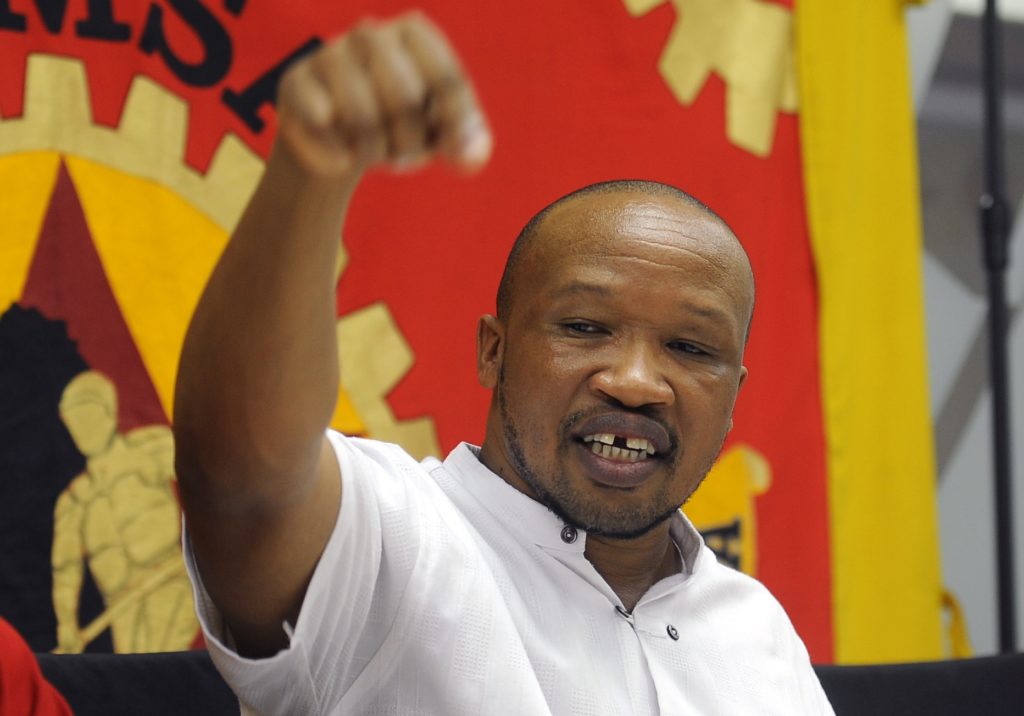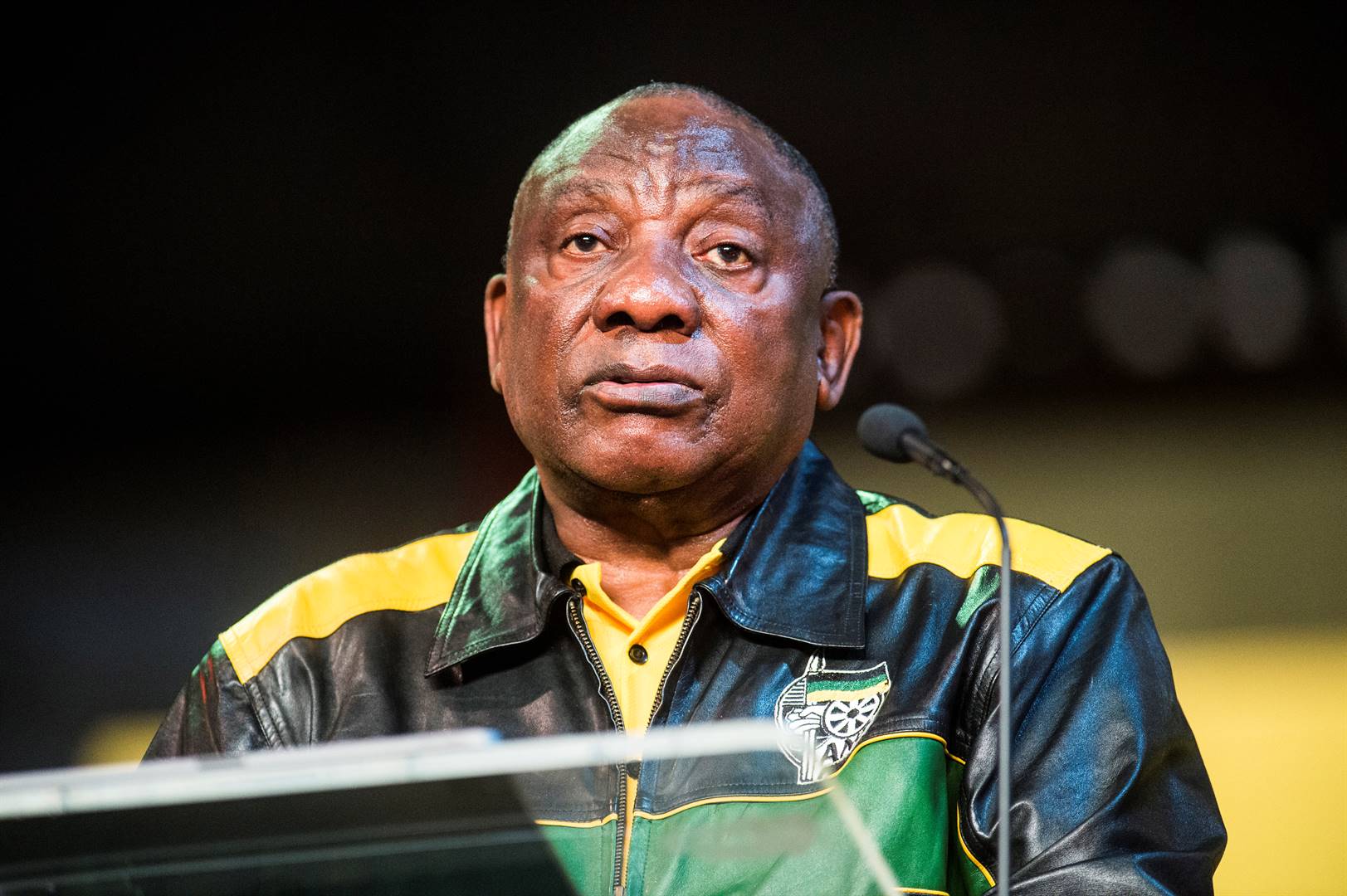NUMSA blasts Pretoria over its silence as ED goes berserk

General secretary of Numsa Irvin Jim wants President Cyril Ramaphosa to take on ED over the escalation of human rights abuses in Harare
Johannesburg – SA’s biggest trade union Numsa has blasted Pretoria over its silence on the on-going crackdown by the Zimbabwean government on its citizens.
This comes after mass protests over hyperinflation and other socio-economic woes in the troubled southern African state were met with violence by security forces and arrest of activists, journalists and civilians.
Numsa general-secretary Irvin Jim blasted the country’s governing party and former liberation movement, Zanu-PF, as despotic and accused the ANC-led government in SA of being timid to call it out.
“Zimbabwe is in the vicious grip of a failed liberation movement which has dumped the liberation vision just as the African National Congress (ANC) has done in South Africa. The only way Zanu-PF keeps hold of power is to unleash and sponsor violence against its own people,” Numsa said.
The protests have resulted in the #ZimbabweanLivesMatter movements which have seen Zimbabweans in other countries – including SA- and sympathizers embarking on similar protests in opposition to the Zanu-PF regime under President Emmerson Mnangagwa.
Last week, President Cyril Ramaophosa appointed former security minister Sydney Mufamadi and former speaker of Parliament Baleka Mbete as his special envoys to Zimbabwe where they meet stakeholders and “identify possible ways in which South Africa can assist Zimbabwe”.
The union has however accused Ramaphosa of having buried his head in the sand and failed to call out Mnangagwa’s government.
Jim said the union was “extremely irritated” by the snail pace of the Southern Africa Development Community (SADC) and the African Union-led by Ramaphosa in addressing the on-going Zimbabwean crisis.
“They have failed to arrest the crisis. They have also failed to preserve democracy in Zimbabwe and protect human rights,” he said.
The vocal metalworkers’ union, which resolved to abandon electoral backing of the ANC in 2013, is adamant that at the heart of the Zimbabwean socio-economic crisis was the failure of Zanu-PF as a liberation movement to drive a viable economic transformation programme and place the working class at the centre of it.
“There was a time when Zimbabwe was leading in providing quality education, access to healthcare, and access to land. Of course, the imperialist forces did all in their power to undermine the liberation struggle. They imposed sanctions to maintain their hegemony over Zimbabwe through other means,” Jim said.
He, however, pointed out that “the hard and brutal truth” could no longer be escaped that Zanu-PF had itself betrayed the liberation struggle it once led and was now suffering from “political elite syndrome”.
“It stopped being accountable to the working class and suffered the sins of incumbency. The direct consequences of the dictatorial tendencies of Zanu-PF led to the current crisis of a failed revolution.
“This most recent public outcry against the government and its agents of repression are a result of the ever-worsening economic and political conditions,” Jim said.
–IOL







